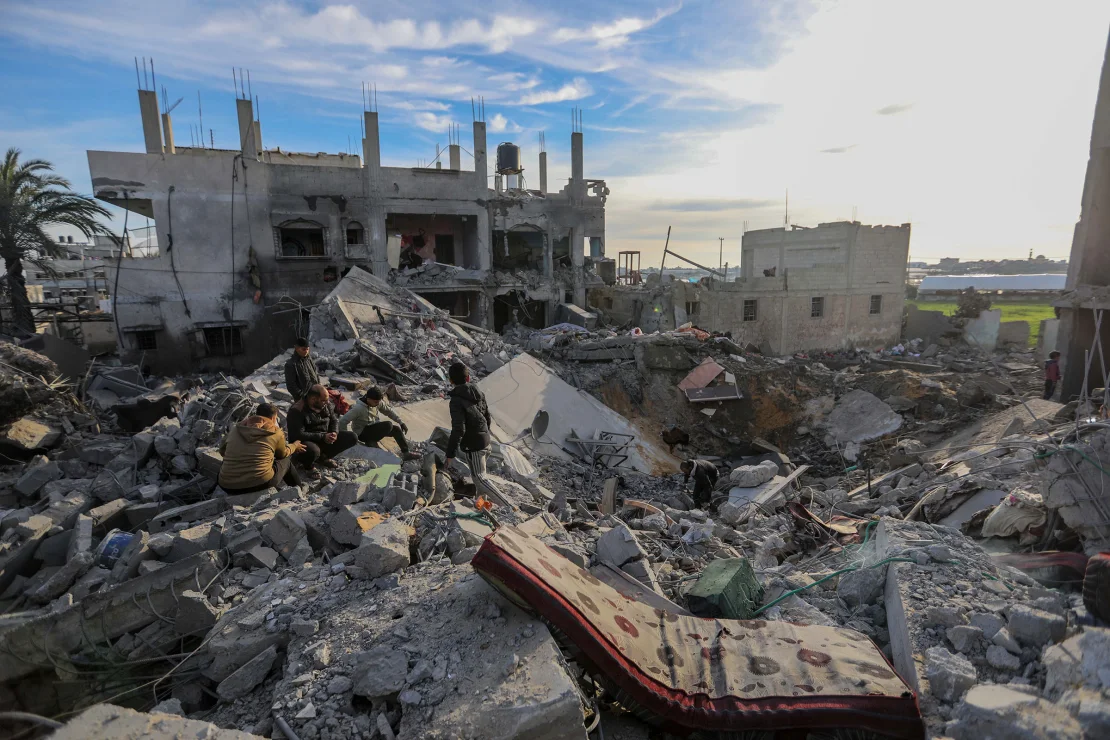In a recent development, the Israeli military has proposed a comprehensive plan to the nation’s war cabinet focused on the evacuation of Gaza’s populace from conflict zones. This move comes amidst escalating concerns over a potential offensive targeting the southern city of Rafah, a densely populated area housing over a million individuals. The plan’s submission by Prime Minister Benjamin Netanyahu’s office marks a significant step towards addressing the humanitarian implications of military operations in the region.
Prime Minister Netanyahu emphasized the necessity of the operation, stating on CBS’s Face the Nation, “We can’t leave the last Hamas stronghold without taking care of it.” He further outlined the dual nature of the plan aimed at both evacuating Palestinian civilians and dismantling Hamas’s military presence, underscoring the urgency of the situation with a timeline spanning mere weeks.
The international community, particularly the United States, has expressed its conditional support for the campaign, emphasizing the importance of a “credible” evacuation plan for Palestinians. Jake Sullivan, the White House National Security Advisor, highlighted ongoing negotiations and the collaborative efforts of multiple nations to reach a consensus on a temporary ceasefire and the safe release of hostages.
UN Secretary-General Antonio Guterres warned of dire consequences for humanitarian aid operations in Gaza if an offensive in Rafah were to proceed, describing it as “the final nail in the coffin.” He stressed the indispensability of the UN’s relief efforts and called for a humanitarian ceasefire alongside the unconditional release of all hostages.
The situation in Rafah remains precarious, with the international community and humanitarian organizations like CARE USA closely monitoring developments. The potential for a large-scale military operation raises significant concerns about the safety and well-being of the civilian population, who already face dire circumstances.
As the situation unfolds, the global community watches with bated breath, hoping for a resolution that prioritizes human lives and leads to sustainable peace in the region.







